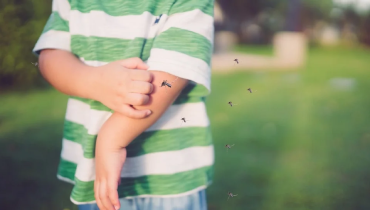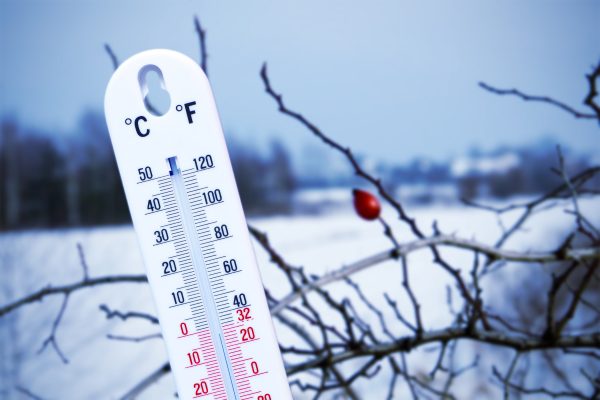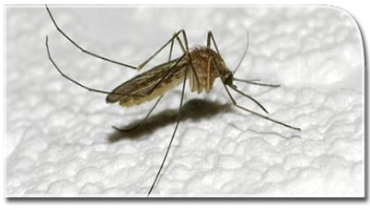Ugh! Why do mosquitoes bite me so much? My friends say having me along is the only bug spray they need! Is it my blood type? What blood type
Learn moreMosquito Joe® Blog
Shared Resources for Your Pest Control Needs

EPA PESP Gold Member Status: A Milestone in Environmental Stewardship
We’re thrilled to announce that Mosquito Joe has achieved Gold Status within this program, a prestigious recognition reserved for “outstanding environmental stewards.
All Blogs
As temperatures plummet and snow flurries fly, some critters head south, and others burrow down to hibernate. What about ticks? Where do they go?
Learn moreWhile ticks feast on humans and animals, nature has its own set of predators to keep them in check. Let’s take a look at what eats ticks and how they help control tick populations naturally. P lus, learn how Mosquito Joe can help control these pests in your yard with yard treatment for ticks.
Learn moreSpending time outdoors can be a great experience, but mosquitoes can quickly spoil the fun.
Learn moreYesterday morning in Virginia Beach we woke up to frigid temperatures and a lot of snow and ice. I then looked at the forecast and saw we’re still
Learn moreBlog Category
About Mosquito Joe®






